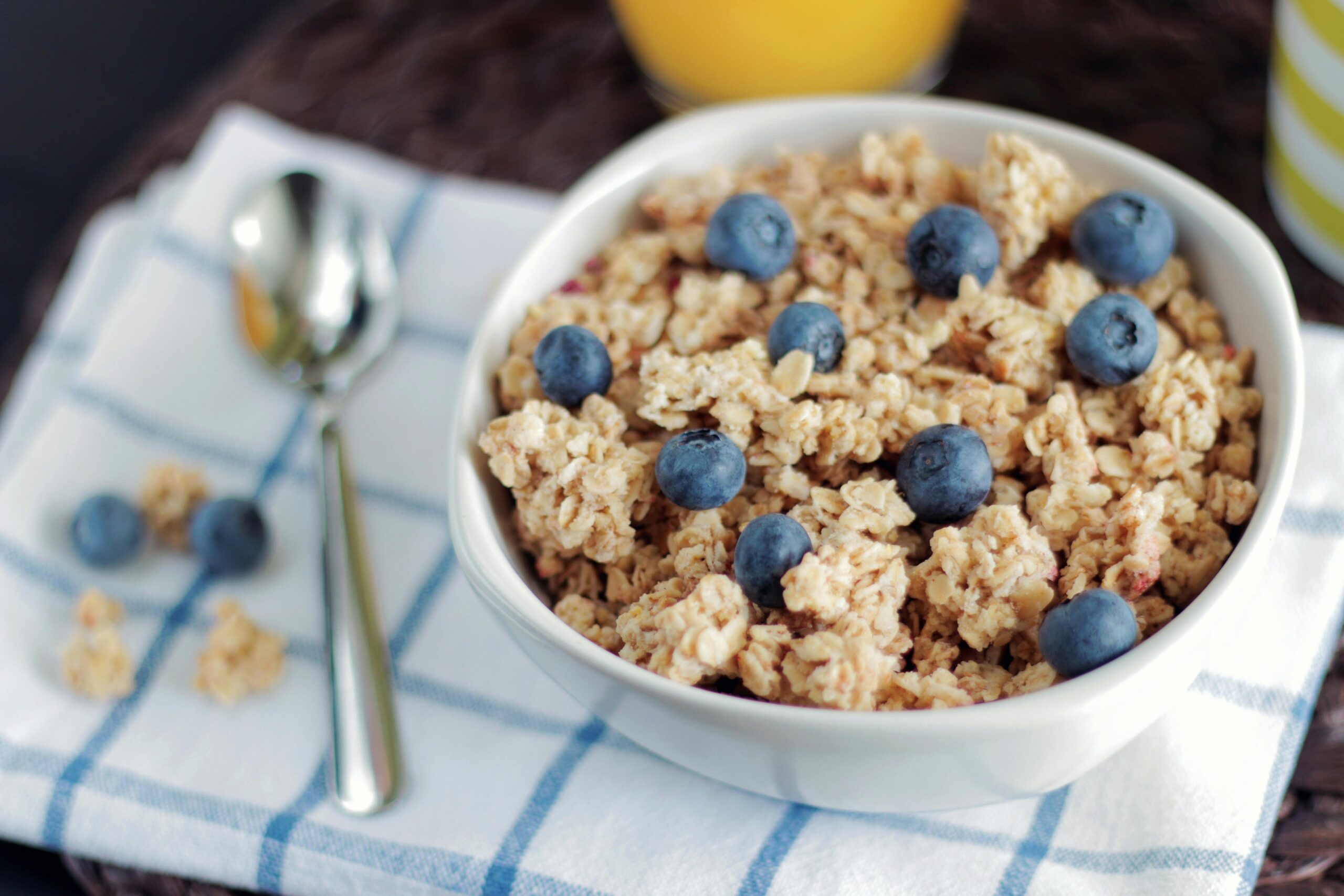Specific diets and nutritional habits are under constant scrutiny concerning weight loss factors. However, recent studies find that diet affects much more than the numbers seen on a scale. The latest groundbreaking research explores the never-before-seen links between specific diets and the consistency and diversity of the gut microbiome. Researchers are discovering that some popular weight-loss diets are not beneficial to the health of the microbiome in the human gastrointestinal tract.
Components of the International Diet Study
An international study conducted by French researchers and researchers at the University of San Diego explored five specific eating patterns among 1800 adult study subjects. The collection of dietary information and data about each subject’s nutritional habits were gathered from an ongoing gut microbiome project called the American Gut Project.

Researchers analyzed nutritional consumption surveys to split the study into subcategories based on long-term, regular dieting habits. There was an in-depth analysis of individuals who consumed a plant-based diet, flexitarian diet, health-conscious American diet, standard American diet, and exclusion diet.
The plant-based diet is aligned with vegan or vegetarian dieting habits; this diet consisted of vegetables, fruits, and whole grains. The flexitarian diet also contained high amounts of fruits, vegetables, and whole grains and incorporated meats and dairy products. The health-conscious American diet was made up of whole grains, nuts, dairy, and moderate amounts of sugars and refined grains. The standard American diet consisted of high consumption of processed foods and artificial sweetened foods and beverages; this diet also contained the least amount of fiber and vegetables. Lastly, the exclusion diet restricted carbohydrate intake and centered around meat and dairy products.
Flexitarian Diet Is Best
The correlating gut microbiome results found with each specific diet demonstrated a clear difference in gut diversity and consistency between nutritional routines. The study found that the diversity of the gut microbiome was highest in those that consumed a flexitarian diet that consisted of large amounts of plant-based foods, some meats, and high amounts of dairy-rich foods.
“This study showed that the flexitarian eating pattern that includes larger amounts of plant foods, yet doesn’t totally eliminate animal foods, was associated with better overall diet quality and one of the approaches resulting in the most nourished gut[…]This study together with previous research reinforce that a healthy gut microbiota is supported by a balance between all food groups, without restricting fiber-rich grain foods or animal products, like fermented dairy products entirely,” explained Miguel Freitas, Ph.D. in a recent statement. Freitas is the Vice President of Health and Scientific Affairs at Danone North America, which funded the study.
Researchers also found that the exclusion diet that restricted carbohydrates and mainly consisted of animal protein and dairy displayed the lowest consistency of Bifidobacterium in the gut. Bifidobacterium shows a connection to beneficial gut microbiota health.
Future Health Benefits
The connection between gut health and wellbeing throughout all body systems is taking root in the scientific and medical realms. This trailblazing study shows promise in helping people individualize nutrition intake and dietary habits to maximize gut microbiome health and diversity.
This study is published in The American Journal of Clinical Nutrition.












